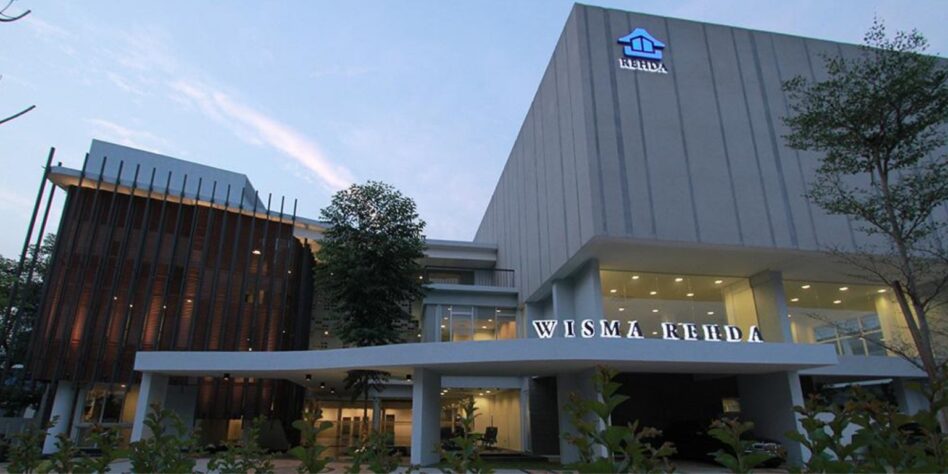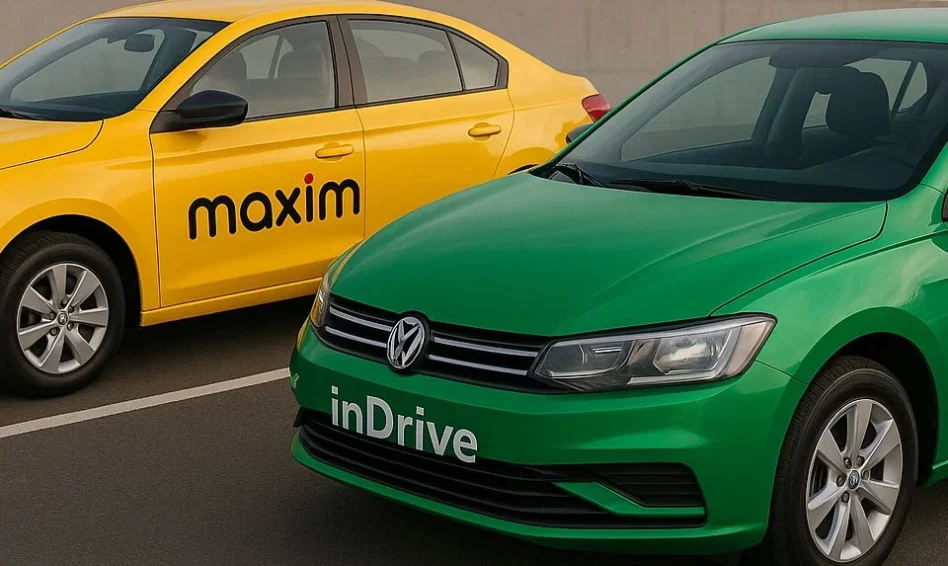By Xavier Kong
AMINVESTMENT Bank believed that car sales will be severely impacted as consumer discretionary spending will be “severely dampened” due to the Covid-19 pandemic and other macro uncertainties.
“In the wake of the Movement Control Order (MCO), we foresee consumers prioritising spending. Consumers will put off purchasing big-ticket items such as cars and instead will focus on utilising discretionary spending to purchase the day-to-day essentials in the near to medium term, or at least until the Covid-19 pandemic tapers off,” said analyst Jeremie Yap, who maintains a neutral stance on the auto sector.
Proton Holdings Bhd and Perusahaan Otomobil Kedua Sdn Bhd (Perodua) are also expected to continue underpinning the auto sector through 2020, considering the attractive pricing and value for money of their products, while Yap retained a bearish stance on foreign and premium car brands.
The research house’s preferred stocks are MBM Resources Bhd, due to its strong fundamentals and net cash position of RM227.8 mil, which should allow it to weather the storm. Sime Darby Bhd’s diversified distribution and services business across the Asia-Pacific region in both the automotive and industrial sectors should also serve as a strong backbone for the group’s earnings.
“It (Sime Darby) can also act as a direct proxy to the improvement in the FBM KLCI should the selldown in the domestic equity market taper off,” added Yap.
The MCO has also led to a slowdown of the auto sector in other ways, such as through production and inventory. Vehicle production and deliveries are already delayed across all brands due to the MCO, and imports of complete built-up vehicles will also be impacted as there will be no transportation to transfer those vehicles from the ports to showrooms or warehouses.
This, in turn, will result in a prolonged inventory holding period, with companies needing to utilise more borrowings or revolving credit to finance inventory costs, which will lead to higher interest payments.
“In respect to this, we are concerned about Tan Chong Motor Holdings Bhd’s outlook in the near to medium term as the group is known to have a persisting inventory problem, standing at more than RM1.5 bil.
“We believe that this is due to the group’s inability to sell their vehicles due to uncompetitive pricing and unattractive product line-ups compared to its competitors,” said Yap.
He opined that a total industry volume (TIV) decline is in the cards, though not to the quantum of the 1997 financial crisis, which saw a 60% drop in TIV.
The recent weakening of the ringgit is a concern as well, and should it continue to weaken, Yap believed it will ultimately be negative for the auto sector and its players.
He believed Tan Chong, UMW Holdings Bhd and Pecca Group Bhd will suffer from a weaker ringgit, as a substantial amount of the cost of goods sold (COGS) of those companies is denominated in US dollar at 60%, 40%, and 40% respectively.
This, in turn, will lead to heightened costs, with the companies’ net earnings suffering.
“We believe that auto companies’ corporate earnings will be dragged down by the prolonged pandemic outbreak amid weakened consumer confidence and decreased car sales.
“Despite potential further Overnight Policy Rate cuts, we think that the minimal interest costs savings are unlikely to spur a sudden consumer interest and lift consumer confidence to purchase big-ticket items such as vehicles, or be a catalyst for growth for the auto sector,” said Yap. – March 20, 2020









